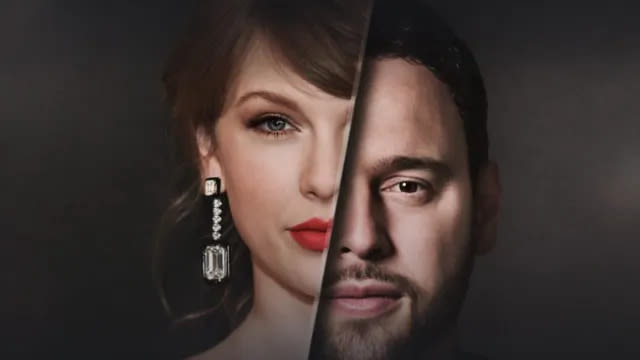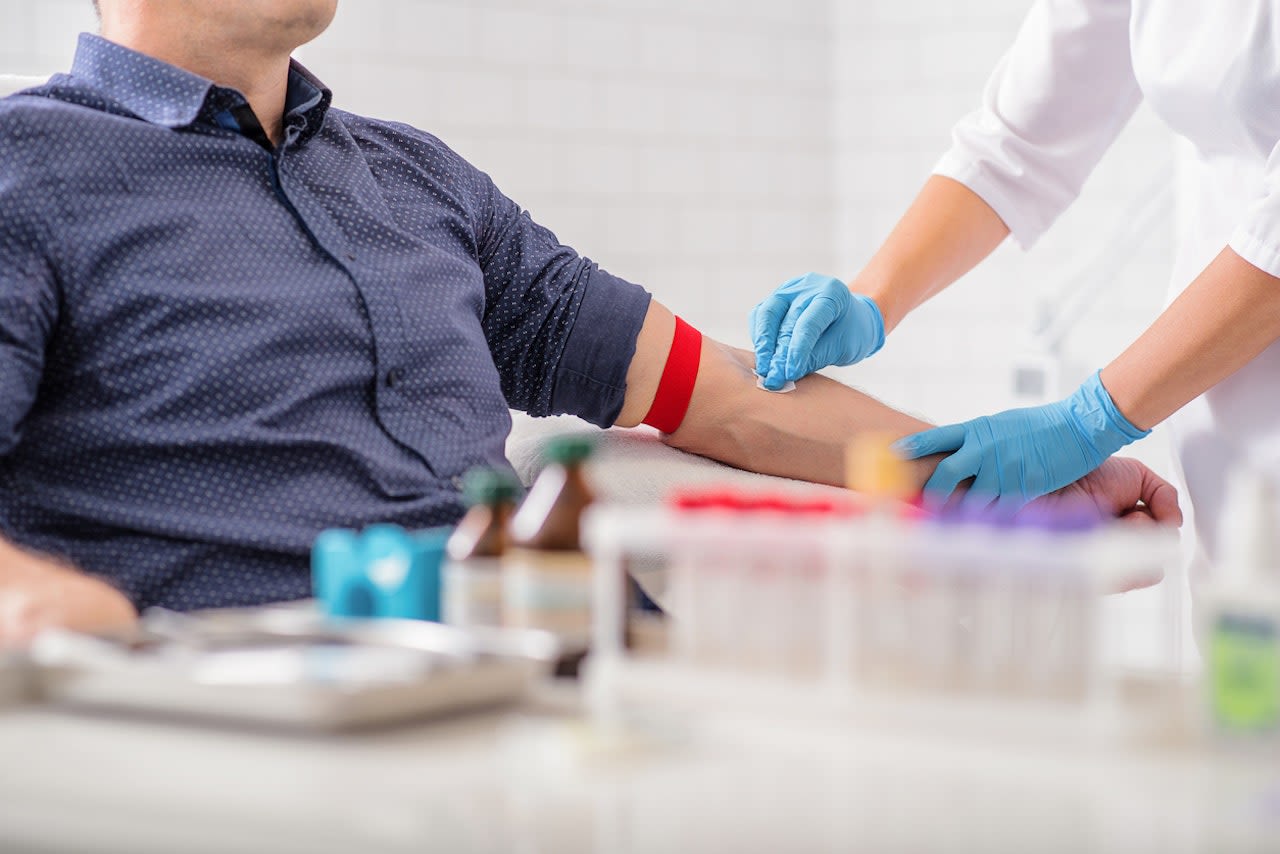Search results
News about Daemon, Season 2, duel
News about Taylor Swift, Scooter Braun, Big Machine Records
News about ovarian cancer, AI, blood test
Also in the news
Blood is a body fluid in the circulatory system of humans and other vertebrates that delivers necessary substances such as nutrients and oxygen to the cells, and transports metabolic waste products away from those same cells. Blood is composed of blood cells suspended in blood plasma.
First Edition. Emerging genetic technologies informing personalized medicine in SDS and other inherited bone marrow failure disorders. Alyssa H. Cull; David G. Kent; Alan J. Warren. https://doi.org/10.1182/blood.2023019986. View All First Edition Articles. Clinical Trials and Observations.
Jun 14, 2024 · Blood, fluid that transports oxygen and nutrients to cells and carries away carbon dioxide and other waste products. Blood contains specialized cells that serve particular functions. These cells are suspended in a liquid matrix known as plasma. Learn more about the components and function of blood.
Mar 17, 2023 · What is blood? Blood is an essential life force, constantly flowing and keeping your body working. Blood is mostly fluid but contains cells and proteins that literally make it thicker than water. Blood has four parts: Red blood cells, white blood cells, platelets and plasma.
Blood, by definition, is a fluid that moves through the vessels of a circulatory system. In humans, it includes plasma (the liquid portion), blood cells (which come in both red and white varieties), and cell fragments called platelets.
Jan 16, 2024 · Blood circulates throughout the body, transporting substances essential to life. Here, learn about the components of blood and how it supports human health.
May 11, 2023 · Blood has many functions in your body. Blood tests help doctors check for certain diseases and conditions. Learn about blood types and blood tests.
Jul 26, 2017 · Blood is the body fluid in humans and other animals that delivers the essential materials for life to the body's cells. It has sometimes been called a fluid “tissue,” because like solid tissues it contains several types of cells which perform complex functions for the human body.
Not all blood is alike. Learn about blood typing and the rarest and most common types of blood and how they can impact your blood donation.
Blood is the red fluid in your arteries and veins. It provides the oxygen, water, and nutrients that your tissues and organs need to survive. You have about 5 liters (a little more than 1 gallon) of blood in your body. Your heart constantly pumps blood throughout your body.






































